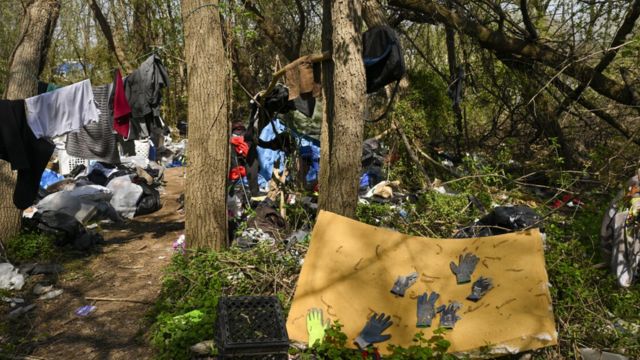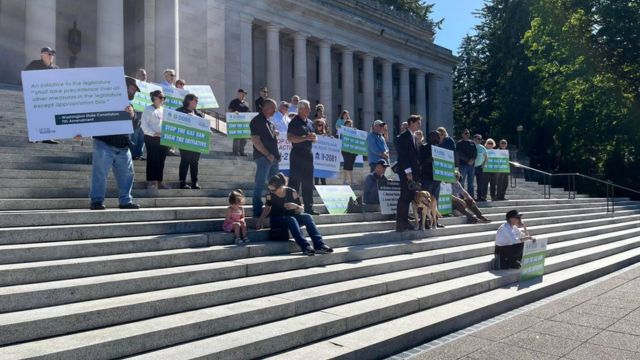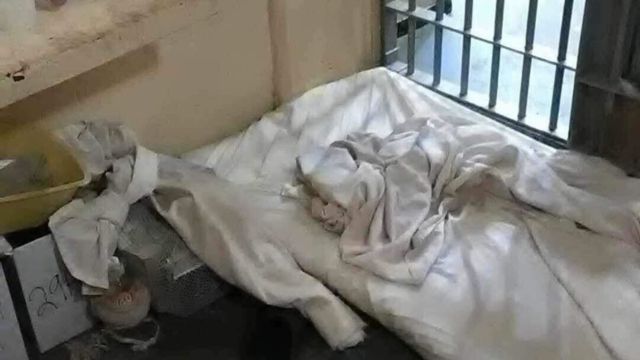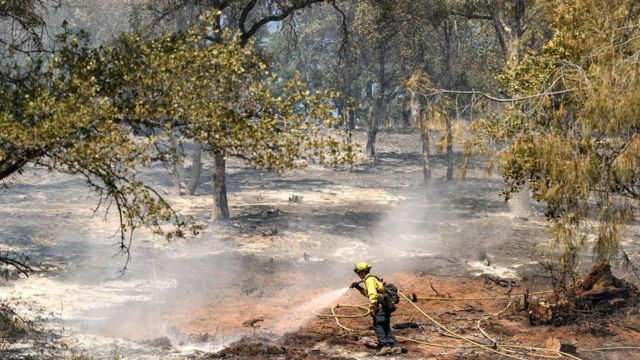Housing advocates say that a ruling by the U.S. Supreme Court that limits the rights of homeless people is already affecting the number of homeless people in Connecticut.
As a result, the court agreed with the city of Grants Pass, Oregon, which made it illegal to sleep outside.
People who were homeless were given tickets, and jailed, and their camps were destroyed, even though the city didn’t have enough shelters.
David Rich, CEO of the Housing Collective, a housing advocacy group based in Bridgeport, says that the ruling has already given police in some of Connecticut’s coast towns, like Bridgeport, more confidence.
Rich said, “Since the Grants Pass decision, we’ve already heard that police are being tougher and moving people along.” “That’s not quite the same as making it illegal or giving out tickets, but it has some of the same effects of making people leave.”
Rich said that the court didn’t make being homeless a crime; instead, it let communities make it a crime, as Rich explained.
While Connecticut doesn’t have any laws like this, the court’s ruling made it possible for similar laws to be passed.
“Motivation is clear all over the country,” Rich said. This might be how it works when it gives people the confidence to do things they wouldn’t have thought of before.
Rich said that Connecticut is making progress in putting in place the right programs to help people who are homeless.
“Access to safe, affordable housing is missing,” Rich said. “We need to be very focused on protecting what we have and building a lot more affordable housing for everyone.”
In their decision, the Supreme Court said that making a rule that lets police fine or arrest people for sleeping outside was not cruel and unusual punishment.
There were nine votes: six for Grants Pass and three for the residents who filed the case.
The court said in its ruling that it was worried about the spread of disease and drug use in homeless camps and that cities need to use all of their resources, including the law, to deal with the problem.
“Because encampments are set up on neighborhood sidewalks, kids and adults in these areas sometimes have to walk around used needles, human waste, and other dangers to get to school, the store, or work,” Justice Neil Gorsuch wrote.
However, Rich thinks that the Supreme Court’s ruling is disappointing and goes against basic rights.
Rich said, “Everyone in the country deserves a piece of the progress and plenty we’ve made in the world.” “This case is going in the wrong direction.”




